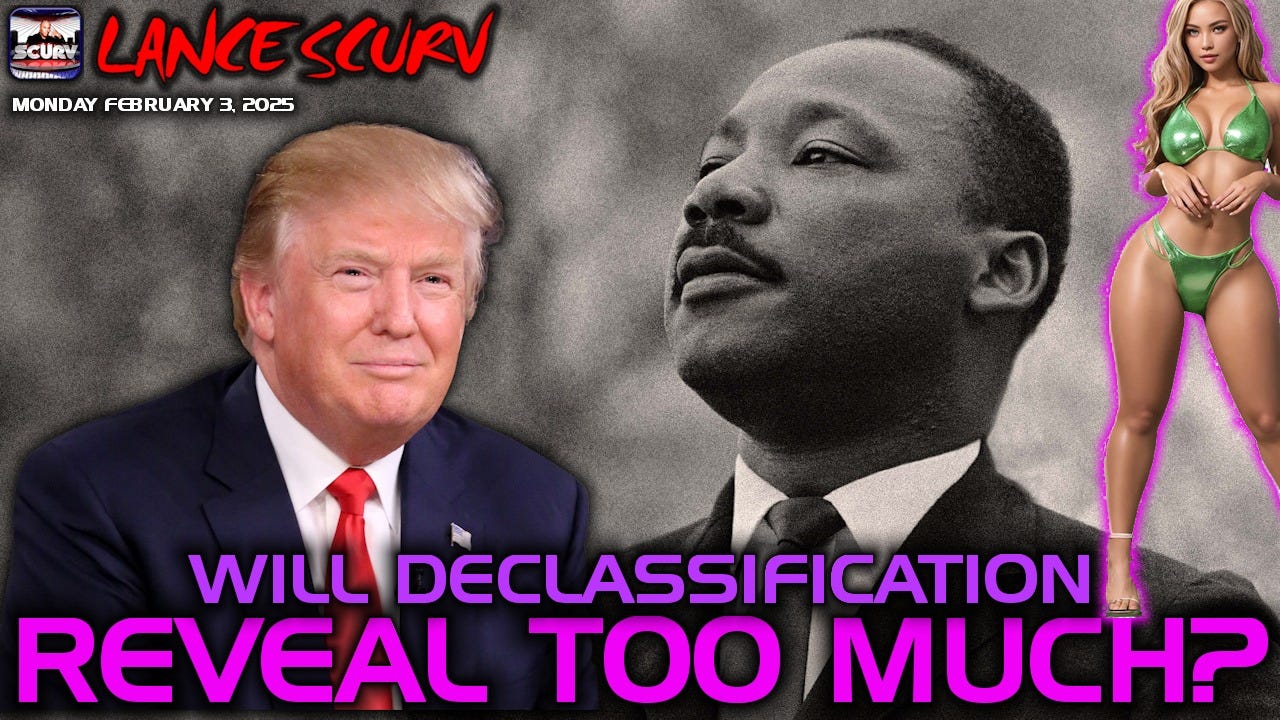The recent executive order by President Donald Trump to declassify files related to the assassinations of John F. Kennedy, Robert F. Kennedy, and Martin Luther King Jr. has reignited discussions about these pivotal figures in American history. While the primary focus is on uncovering truths about their deaths, there's anticipation that the declassified FBI files on Dr. King might reveal personal details, including allegations of infidelity and other moral shortcomings. This raises a critical question: If these files disclose immoral behavior by Dr. King, will it alter the world's perception of him as a righteous leader and diminish his monumental contributions to civil rights?
1. Historical Context: The FBI's Surveillance of Dr. King
Under the leadership of J. Edgar Hoover, the FBI initiated extensive surveillance of Martin Luther King Jr. during the 1960s. This was part of the COINTELPRO project, which aimed to discredit and neutralize perceived threats to national security. Dr. King was subjected to wiretaps, infiltration, and smear campaigns, with the FBI attempting to expose alleged personal indiscretions to undermine his leadership.
2. The Anticipated Revelations: What Might the Files Contain?
The declassified files may include:
Surveillance Records: Detailed accounts of Dr. King's activities, both public and private.
Alleged Evidence of Infidelity: Documents or recordings suggesting extramarital affairs.
Internal FBI Communications: Memos and letters discussing strategies to discredit Dr. King.
It's essential to approach these potential revelations critically, considering the FBI's intent to tarnish Dr. King's reputation.
3. The Moral Paragon: Dr. King's Established Image
Dr. King is globally revered as a moral and spiritual leader who championed nonviolent resistance and equality. His "I Have a Dream" speech and leadership during the Civil Rights Movement have cemented his legacy as a symbol of justice and righteousness.
4. Potential Impact on Public Perception
If the declassified files substantiate claims of personal moral failings, reactions may vary:
Erosion of Trust: Some may feel betrayed, questioning the authenticity of his public persona.
Humanization of the Icon: Others might view these revelations as a reminder of his humanity, acknowledging that leaders can have personal flaws yet achieve greatness.
5. Separating Personal Failings from Public Achievements
It's crucial to distinguish between an individual's personal life and their societal contributions. Dr. King's efforts led to significant advancements in civil rights, impacting millions. Do personal imperfections negate these achievements?
6. Historical Precedents: Leaders with Personal Controversies
History is replete with leaders whose personal lives were marred by controversy:
Thomas Jefferson: Allegations of relations with enslaved women.
John F. Kennedy: Known for extramarital affairs.
Despite these issues, their contributions continue to be recognized.
7. The Role of the FBI: Questioning the Motives Behind Surveillance
Understanding the FBI's motives is essential. The agency's efforts to discredit Dr. King were driven by political agendas, raising questions about the credibility and context of the information gathered.
8. The Public's Capacity for Forgiveness
Society often grapples with reconciling a leader's personal flaws with their public deeds. The capacity for forgiveness and understanding plays a pivotal role in shaping collective memory.
9. The Ethical Implications of Declassification
Releasing sensitive personal information posthumously poses ethical questions. Is it in the public interest to unveil details that could potentially harm the legacy of a figure who contributed significantly to societal progress?
10. The Enduring Legacy of Dr. King
Ultimately, Dr. King's legacy is built upon his relentless pursuit of justice and equality. While personal failings may color historical narratives, they do not erase the positive impact of his life's work.
Conclusion
The declassification of FBI files on Martin Luther King Jr. may unveil aspects of his personal life previously hidden from public view. While these revelations could influence perceptions, it's imperative to contextualize any disclosed personal imperfections within the broader scope of his enduring contributions to civil rights and social justice. Dr. King's legacy, characterized by his unwavering commitment to equality, is likely to withstand the scrutiny of these new disclosures.















Share this post